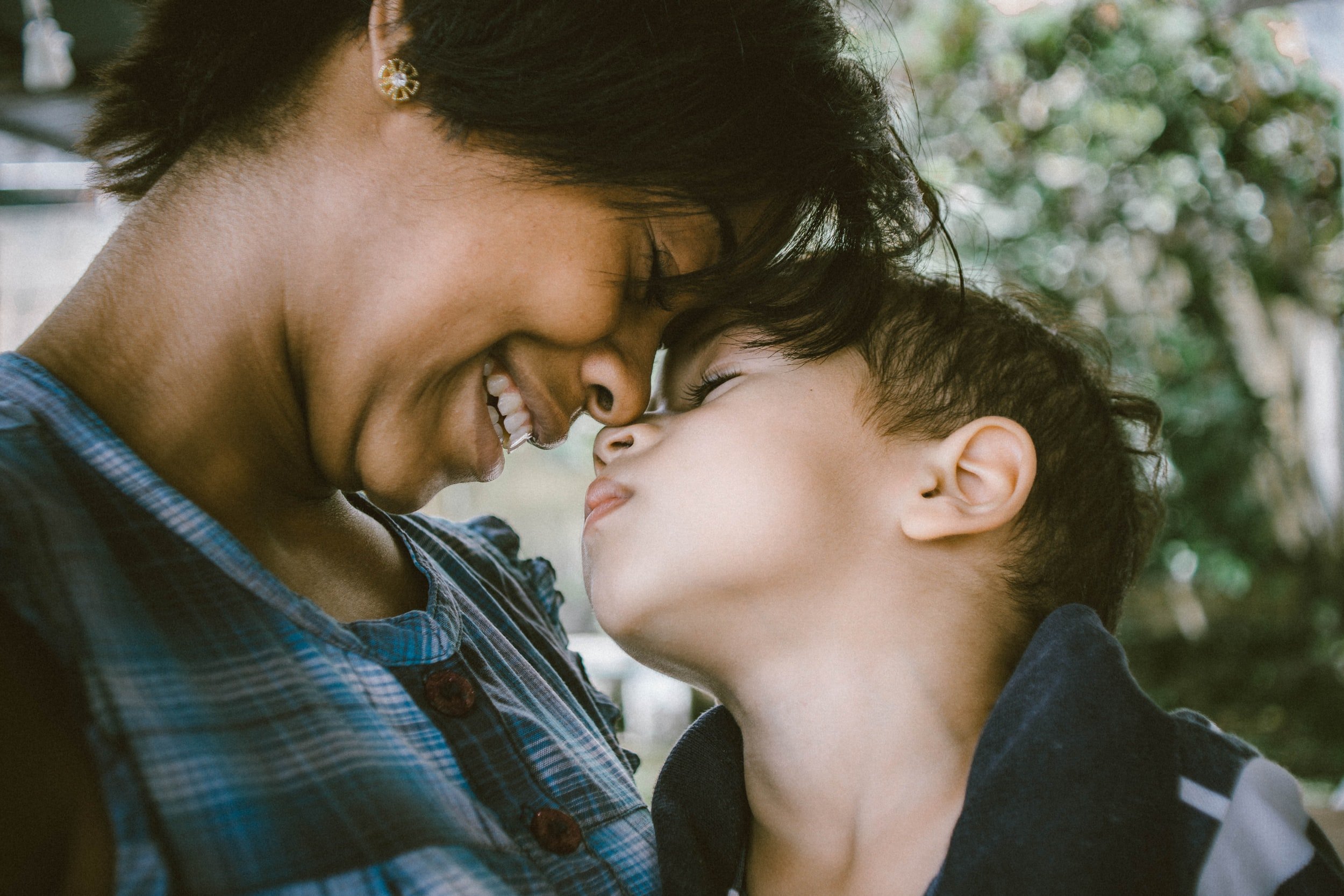
Helping our Toddlers Developing our Children’s Skills
The Helping Our Toddlers Developing Our Children’s Skills (HOT DOCS) program is a parent-training program that was developed with funding through the Children’s Board of Hillsborough County (CBHC), and since 2006 has served over 2000 families of children 5 years and younger.
A pilot open trial of an adaptation of HOT DOCS for Australian families found promising results: At post-intervention, parents reported significant improvements in their parenting knowledge, parenting self-efficacy, and parenting stress. Parent reports of child behaviour indicated significant improvements in challenging behaviours, with all effects maintained at 2 months. Parents reported a high level of satisfaction with the program, they used the recommended parenting strategies multiple times per week throughout the program, and attendance and retention were excellent.
The HOT DOCS program flyer can be downloaded here.
In this flyer, you will be able to find brief information about:
What is HOT DOCS?
What does the program cover?
Program Outline
How to register
-
Agazzi, H., Childres, J., & Armstrong, K. (2017). Helping Our Toddlers, Developing Our Children’s Skills – Trainer’s Manual, 3rd Edition Revised. Florida, USA: University of South Florida.
Agazzi, H., Salinas, A., Williams, J., Chiriboga, D., Ortiz, C., & Armstrong, K. (2010). Adaptation of a behavioral parent‐training curriculum for Hispanic caregivers: HOT DOCS Español. Infant Mental Health Journal: Official Publication of The World Association for Infant Mental Health, 31(2), 182-200.
Armstrong, K., Lilly, C., Agazzi, H., & Williams, J. (2010). HOT DOCS: Helping Our Toddlers Developing Our Children’s Skills Provider Manual Tampa. FL: University of South Florida.
Armstrong, K., Lilly, C., & Curtiss, H. (2006). Helping our toddlers developing our children’s skills. Tampa, FL: University of South Florida, Department of Pediatrics, Division of Child Development.
Armstrong, K., Missall, K. N., Shaffer, E., & Hojnoski, R. L. (2009). Promoting positive adaptation during the early childhood years. Handbook of Positive Psychology in Schools, 339-352.
Childres, J. L., Agazzi, H., & Armstrong, K. (2011). Evaluating outcomes of a behavioral parent training program for caregivers of young children: Waitlist control vs. immediate treatment. Journal of Early Childhood & Infant Psychology, 7, 25-44.
Childres, J. L., Shaffer-Hudkins, E., & Armstrong, K. (2012). Helping our toddlers, developing our children’s skills (HOT DOCS): A problem-solving approach for parents of young children with autism spectrum disorders. Journal of Developmental and Behavioral Pediatrics, 34(6), S9-S10.
Curtiss, H., Armstrong, K., & Lilly, C. (2008). Positive behavior supports and pediatric feeding disorders of early childhood: a case study. Journal of Early Childhood and Infant Psychology, 4, 93-110.
Dunlop, S., Kimonis, E., & Agazzi, H. (2021). Adapting and implementing the “Helping Our Toddlers, Developing Our Children’s Skills (HOT DOCS)” parent training program in an Australian context: A feasibility study. Evidence-Based Practice in Child and Adolescent Mental Health, 6(1), 28-46.
Hofmann Leedy, N. A. (2018). Parent perceptions of treatment effectiveness and attendance rates in a behavioral parent training program: Do they predict treatment outcomes for children?(10603620). Available from Dissertations & Theses @ University of South Florida – FCLA; ProQuest Dissertations & Theses A&I; ProQuest Dissertations & Theses Global. (1946185603). Retrieved from https://search.proquest.com/docview/1946185603?accountid=14745
Jordan-Arthur, B. (2018). The role of fathers in behavioral parent training: An exploration of parent-related factors in parent and child treatment outcomes (10838599). Available from Dissertations & Theses @ University of South Florida – FCLA; ProQuest Dissertations & Theses A&I; ProQuest Dissertations & Theses Global. (2094708296). Retrieved from https://search.proquest.com/docview/2094708296?accountid=14745
Ogg, J. Shaffer-Hudkins, E., Childres, J., Feldman, M., Agazzi, H., & Armstrong, K. (2014) Attendance and implementation of strategies in a behavioral parent-training program: Comparisons between English and Espanol programs. Infant Mental Health Journal, 35(6), 555-564.
Patenaude, A. H. S. (2011). An examination of demographic variables and their relationships with perceived stress among caregivers beginning a parent training program (1497390). Available from Dissertations & Theses @ University of South Florida – FCLA; ProQuest Dissertations & Theses A&I; ProQuest Dissertations & Theses Global. (885422929). Retrieved from https://search.proquest.com/docview/885422929?accountid=14745
Salinas, A., Smith, J. C., & Armstrong, K. (2011). Engaging fathers in behavioral parent training: listening to fathers’ voices. Journal of Pediatric Nursing, 26(4), 304-311.
Williams, J. L. (2007). Caregivers perceptions of the effectiveness of the Helping Our Toddlers, Developing Our Children’s Skills parent training program: A pilot study. Graduate Theses and Dissertations. http://scholarcommons.usf.edu/etd/2411
Williams, J. L. (2009). Helping our toddlers, developing our children’s skills (HOT DOCS): An investigation of a parenting program to address challenging behavior in young children (3420529). Available from Dissertations & Theses @ University of South Florida – FCLA; ProQuest Dissertations & Theses A&I; ProQuest Dissertations & Theses Global. (749943937). Retrieved from https://search.proquest.com/docview/749943937?accountid=14745
Williams, J. L. (2009). Helping our toddlers, developing our children’s skills (HOT DOCS): An investigation of a parenting program to address challenging behavior in young children. Graduate Theses and Dissertations. http://scholarcommons.usf.edu/etd/86
Williams, J., Armstrong, K. H., Agazzi, H., & Bradley-Klug, K. L. (2010). Helping our toddlers, developing our children’s skills (HOT DOCS): A parenting intervention to prevent and address challenging behavior in young children. Journal of Early Childhood and Infant Psychology, 6, 1-20.
